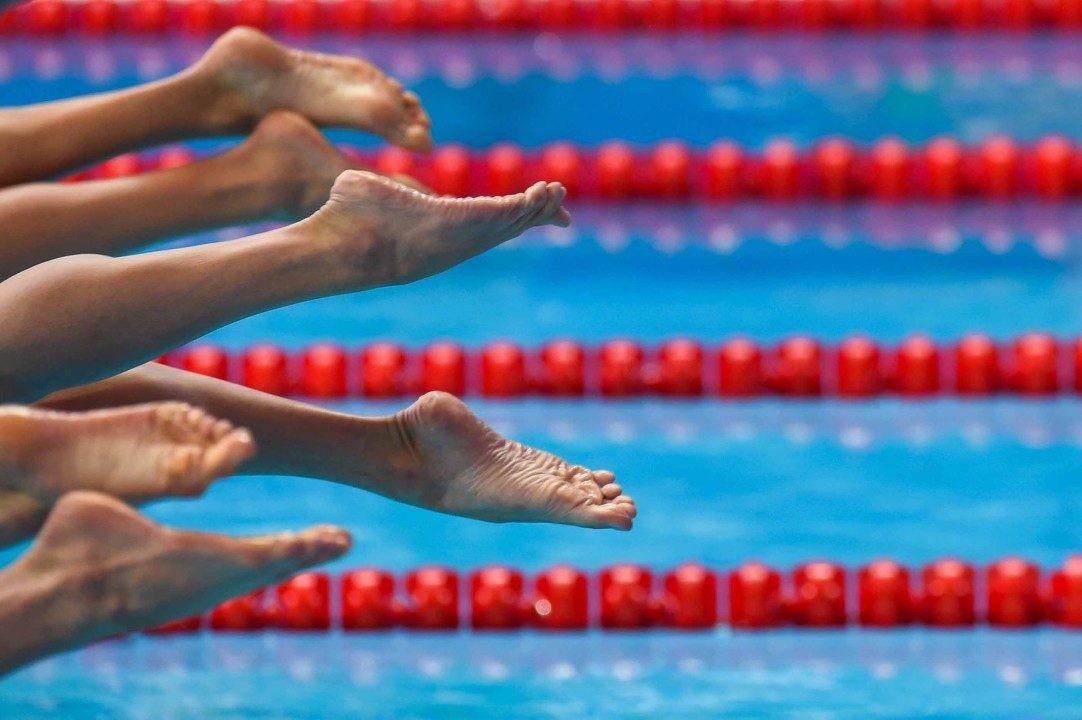The Executive Board (EB) of the International Olympic Committee (IOC) today approved the athlete quotas for the Youth Olympic Games Buenos Aires 2018, which, for the first time in Olympic history, achieve gender equality on the sports programme with 1,893 women and 1,893 men set to compete.
IOC President Thomas Bach said: “This is an excellent step forward. We have made history – to have equal numbers of women and men competing for the first time at an Olympic Games or Youth Olympic Games. As well as being another big step in the implementation of Olympic Agenda 2020, this is a great milestone for women’s sport and for the Olympic Movement as a whole.”
Gender equality and innovation are key principles contained in Olympic Agenda 2020, the IOC’s strategic roadmap for the future of the Olympic Movement. Today’s news comes just weeks after the approval of the innovative event programme for the Youth Olympic Games Buenos Aires 2018, which will include new youth-oriented events such as BMX freestyle, kiteboarding, beach handball and cross-country running, and record numbers of female and mixed events. These innovations are also fully aligned with the Buenos Aires 2018 vision of delivering the most unique and youth-appealing Youth Olympic Games to date.
IOC Athletes’ Commission
The EB also approved the approach to the implementation of Recommendation 40 of Olympic Agenda 2020 that will lead to all candidates for the IOC Athletes’ Commission elections at the Olympic Games Rio de Janeiro 2016 being from International Federations (IFs) and National Olympic Committees (NOCs) that have their own Athletes’ Commissions either already in place or, in the case of IFs, in the process of being established.
Reinforcing the Olympic Agenda 2020 emphasis on the athletes being at the heart of the Olympic Movement, this approach ensures the strongest possible nominations to be made to the IOC Athletes’ Commission. It also allows the IOC to work in partnership with all NOCs and IFs to further strengthen the structures, role and representation of Athletes’ Commissions in their organisations.
The IOC introduced, in June 2015, specific guidelines for both IF and NOC Athletes’ Commissions to provide support and expertise on establishing effective Athletes’ Commissions. The guidelines are currently being discussed with the IFs and NOCs.
Increased support for Candidate Cities
The EB approved a new opportunity for Candidate Cities to get more first-hand advice from the IOC and Olympic Movement stakeholders, beginning with the 2024 Candidature Process. It was agreed that the IOC’s TOP Partners (TOPs) and Rights-Holding Broadcasters (RHBs) be allowed to provide their knowledge and expertise to Candidate Cities in an IOC-controlled environment. Based on Olympic Agenda 2020 Recommendation 1, the decision is aimed at reducing the costs associated with the candidature process while increasing flexibility and support to the Candidate Cities. The Cities will benefit from the vast experience of the TOPs and RHBs, while preserving the integrity and neutrality of the candidature process.
Olympic Games
The EB also heard updates from the IOC Coordination Commission chairs for the Olympic Games Rio de Janeiro 2016, Olympic Winter Games PyeongChang 2018, and Olympic Games Tokyo 2020.
Later, the IOC EB Members held a joint meeting with the Council of the International Association of Athletics Federations (IAAF).
Swimming news courtesy of IOC.

So know everyone can be happy about the women’s 1500, but can they just adapt the world championships schedule, we need 50s of stroke too.